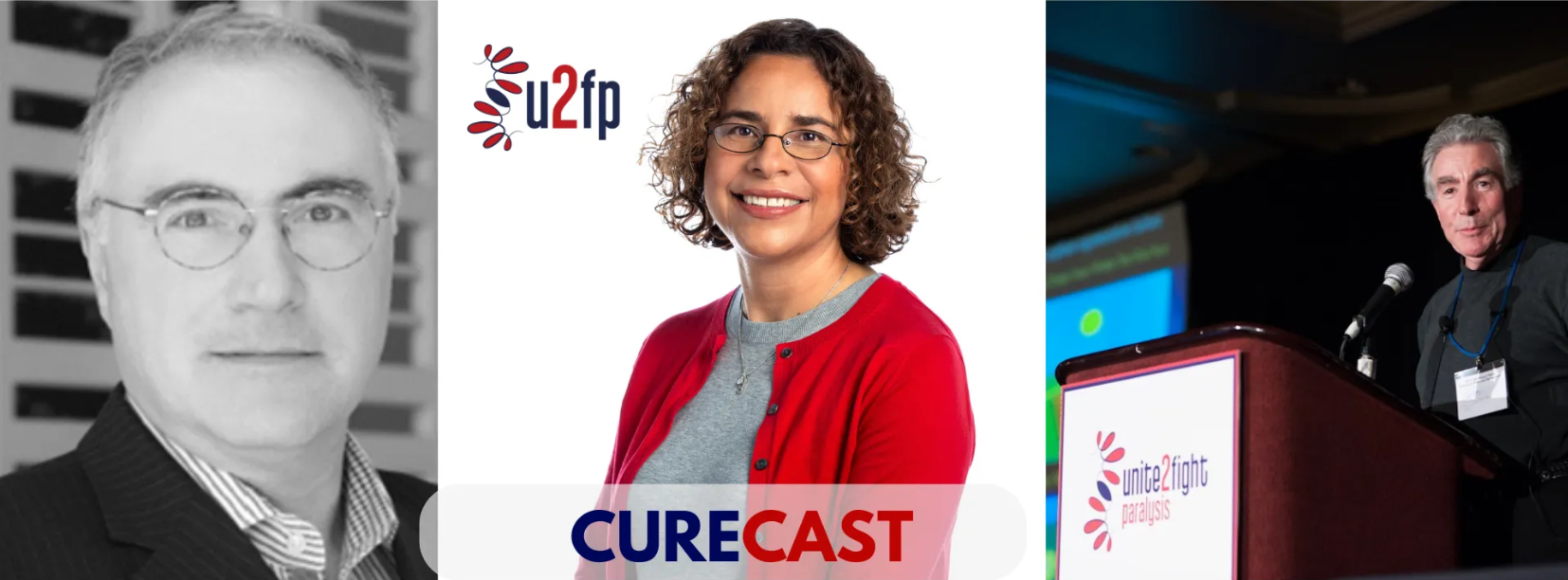Exciting Clinical Drug Trial for People with SCIs
On a recent podcast of U2FP CureCast (hosted by Unite 2 to Fight Paralysis) Dr. Monica Perez, a clinician-scientist at the Shirley Ryan AbilityLab in Chicago, discussed an important clinical trial she is leading to test an injectable regenerative drug on people with spinal cord injury – including those with chronic injuries.
The words chronic and clinical trial are seldom paired in a pharmacologic/regenerative SCI study. This trial is a rarity, so interest is expected to be strong. But meeting the trial requirements and actually being enrolled, that’s the challenge.
The chronic part of the trial began in September with a plan to enroll 20 patients. (Recruitment for the subacute phase hasn’t started but will include 20 newly injured participants -- 10 days to 49 days post injury).
As with any clinical study, the NVG-291 trial has inclusion and exclusion criteria. To be eligible here, one must be an incomplete tetraplegic (C7 or higher) with the ability to volitionally initiate at least one step on one leg (without body weight support). What’s more, one needs to be in Chicago at least 5 days a week. For 84 days. And there’s this: the trial is randomized, and placebo controlled, meaning that half the participants will not get the drug but will get dummy shots instead, and no one knows which until it’s over.
So, you might be thinking: you want me to be in Chicago, in the winter, for three months, on my own tab, and I might not even get the real treatment?
Monica Perez makes the case on the podcast for why you should – for the sake of the science. To see for real if this peptide works. To do that, each participant's experience must be as close to exactly the same as possible, in the same place, tightly controlled for injury level, functional ability and response to accompanying physical therapy, and for measuring changes in spinal cord electrical activity.
There must be a placebo group because it’s well known that thinking one has been given a drug changes peoples’ response to it – the placebo effect is often very significant and therefore must be ruled out.
Perez, with her soft Chilean accent and kindly manner, goes over trial exclusions in her CureCast interview. She makes a convincing case if you believe in the scientific method, and if you’ve seen other SCI trials fall short because they were so unfocused and equivocal in outcome.
Check out the podcast episode here or learn more about the clinical trial here

